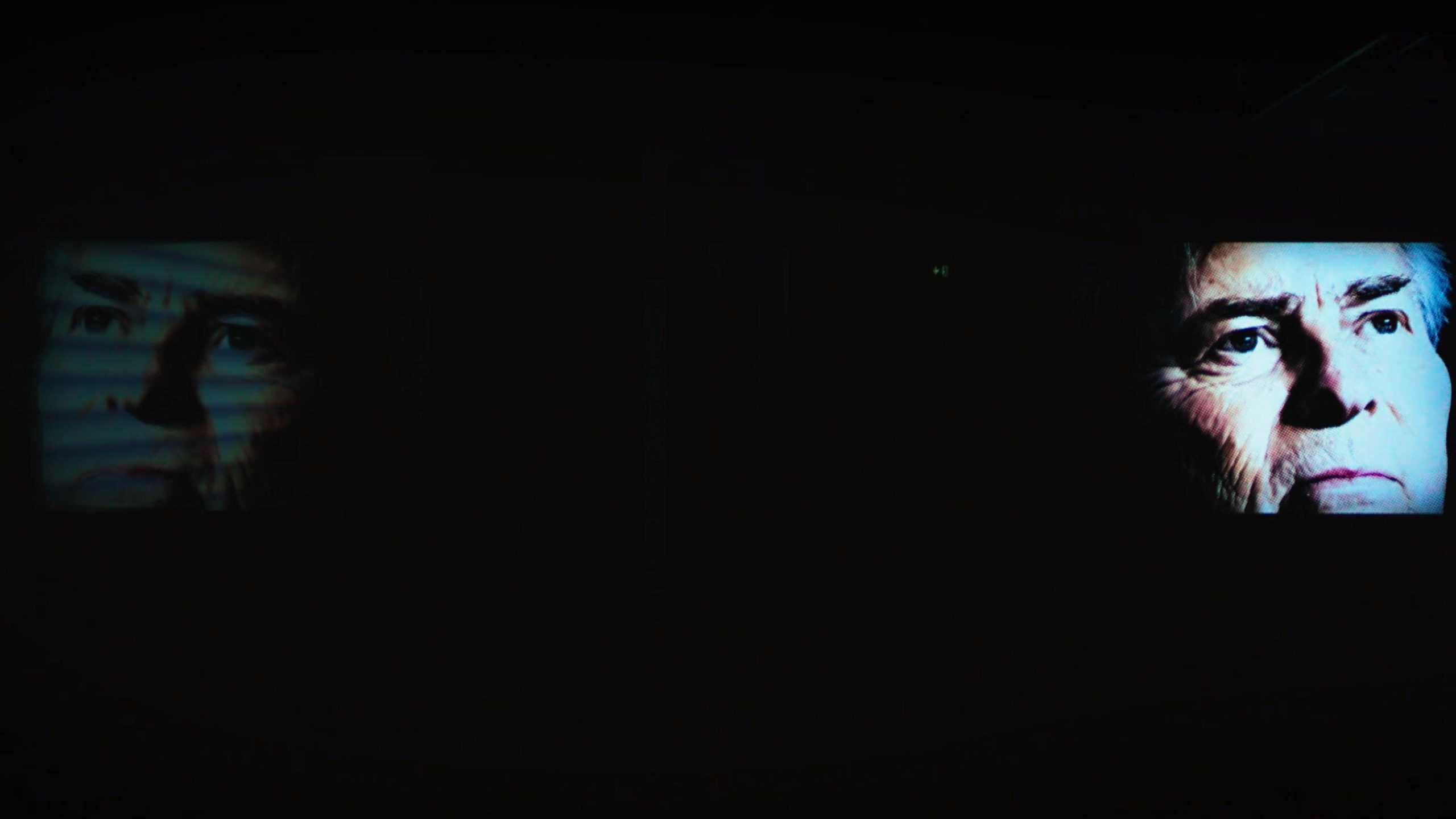It is understandable that we have been distracted by events in the Middle East over the past week. The release of the Israeli hostages and Palestinian prisoners ahead of a ceasefire in the deadly two-year-long war in Gaza is a potentially epoch-making event – even if not quite the most significant for 3,000 years, as Donald Trump has suggested. But the peace deal has overshadowed events much closer to home.
France has been in a state of political deadlock for months. At the beginning of this month, on 6 October Prime Minister Sébastien Lecornu resigned and then found himself reappointed within the week. He is now attempting to avoid votes of no confidence introduced by the far-right National Rally and hard-left France Unbowed by suspending President Macron’s plans for pension reform.
This may all sound very technical and “continental”, but France matters. An unstable France means an unstable Europe. Macron may yet avoid the collapse of his presidency, and with it the Fifth Republic, but he will struggle to stop the slide towards a creeping populism of the right and left.
We ignore what is happening in France at our peril. We have watched the drift towards populism and authoritarianism across Europe. But our nearest neighbour could yet become the latest example of a “hybrid democracy” on the lines of Hungary. Some would say it is already halfway there. This is due, in part, to a phenomenon that has received scant coverage in the UK, possibly because it is such a mouthful in English: the so-called “Bollorisation” of the French media.
The term is named after Vincent Bolloré, sometimes known as “the French Murdoch”, a billionaire whose family-controlled Vivendi group dominates the media on the other side of the Channel. The parallels with Murdoch provide a useful shorthand but Bolloré really is a quite distinct figure whose media organisations directly support the ideology of the French far right. Although he has officially retired, Bolloré’s influence remains significant, and his organisations have been credited with propelling Marine Le Pen’s National Rally into the mainstream.
The beginnings of Bollorisation can be traced back at least ten years to the purchase of the broadcaster Canal+, France’s main pay-to-view channel. The emergence of CNews, a 24-hour right-wing news channel modelled on Fox News smashed the dominance of public broadcaster France TV (which owns France 2 – formerly Antenne 2 – and France 3). Bolloré then began his march through the French media world. His acquisition of Prism Media in 2021 gave him a dominant position in print and digital magazines including business, lifestyle, travel titles and even TV guides. Two years later, after a long battle with the European regulatory authorities, Vivendi purchased the giant French publishing house Hachette, which also owns the publishing group Little, Brown in the USA and the UK. But Bollorisation doesn’t stop there. The far-right billionaire now also owns the radio channel Europe 1, the iconic French celebrity and news magazine Paris Match and France’s only Sunday newspaper, Le Journal de Dimanche, which has shifted its editorial line from the political centre to the far right. Meanwhile, Bolloré also owns the Havas Group, a giant international advertising and PR agency, which helps manage the reputation of the empire.
Investigative journalists and media freedom organisations in Europe have been warning about Bollorisation for years. Mediapart, the independent French investigative publication, has compiled a huge ongoing dossier on the subject. After the French elections last year almost delivered power to the National Rally, Mediapart’s Antton Rouget wrote: “The work of media outlets controlled by the Bolloré Group during those elections set a new precedent: while major corporations have always thrown their weight behind campaigns in a bid to influence public debate, never before had one done so as openly and unapologetically, with the clear aim of helping the far-right into power.”
There are many theories about why France was so vulnerable to Bollorisation. But there is general agreement that the French media was already in the hands of too few people. And when traditional media owners looked at declining advertising revenue they were all too happy to sell. A weak regulatory landscape and Bolloré’s tightly-focused right-wing mission made for a perfect storm.
Reporters Without Borders (RSF) which is based in Paris has consistently expressed its concern about Bolloré’s tactics, including the use of the courts to silence investigations into his empire. Earlier this year RSF published a report into the billionaire’s use of non-disclosure agreements and non-disparagement clauses to protect him from criticism. The report was commissioned after Jean-Baptiste Rivoire, a former journalist at Canal+, was fined 150,000 euros for questioning Bolloré’s methods in an RSF documentary, Le Système B.
The Heinrich Böll Stiftung which is aligned to Germany’s Green party, has also raised concerns about the crisis of media freedom in France concluding baldly: “France is an outlier among other major European democracies for the mediocrity of its media system and the strong position of the far right within mass media”.
An Atlanticist tendency in the British media and among the political classes means Europe is too often a blind spot. Shamefully few British politicians or journalists speak a European language, and many are focused on Washington politics to the point of obsession. This partly explains why the coverage of France is so poor beyond the heroic efforts of the Paris correspondents and a handful of French commentators based in the UK.
But there really is no excuse. There is a cultural and political crisis in France that deserves our attention. Bollorisation may be a mouthful, but we need to start talking about it, to avoid a different version of the phenomenon happening here.
